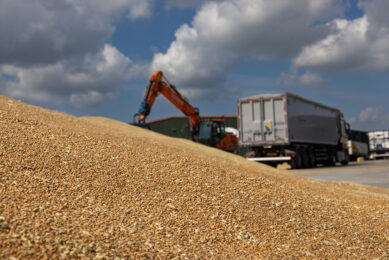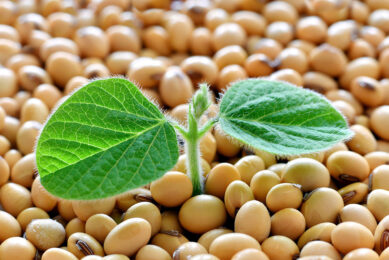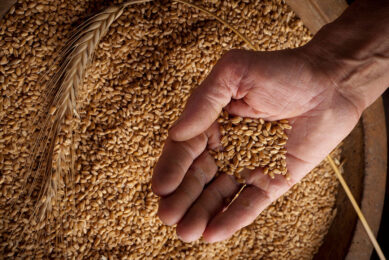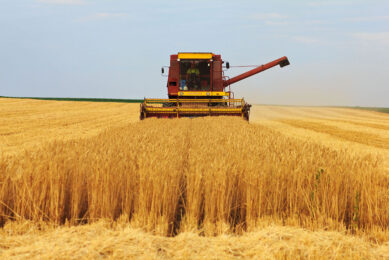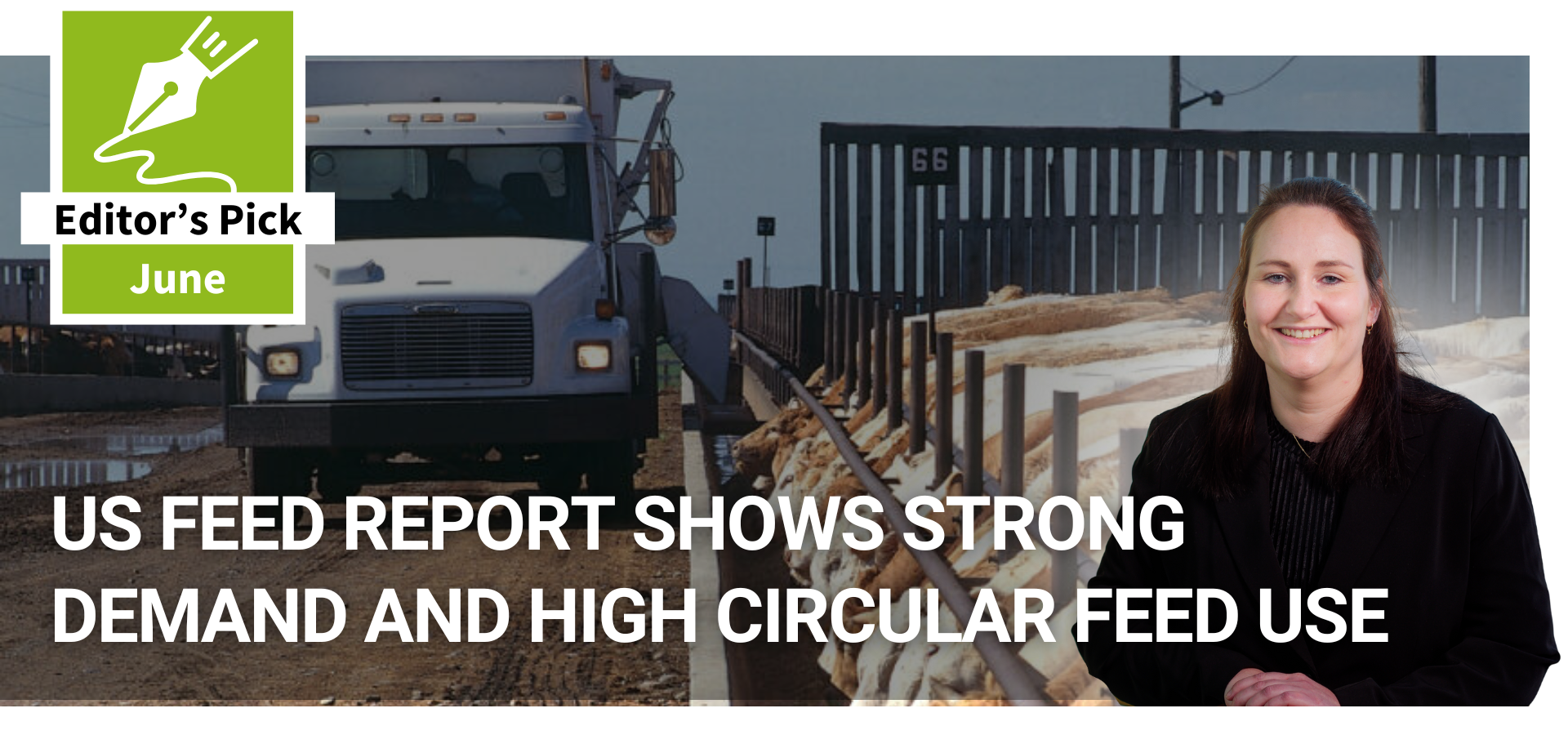Grain market calm with more favourable growth factors
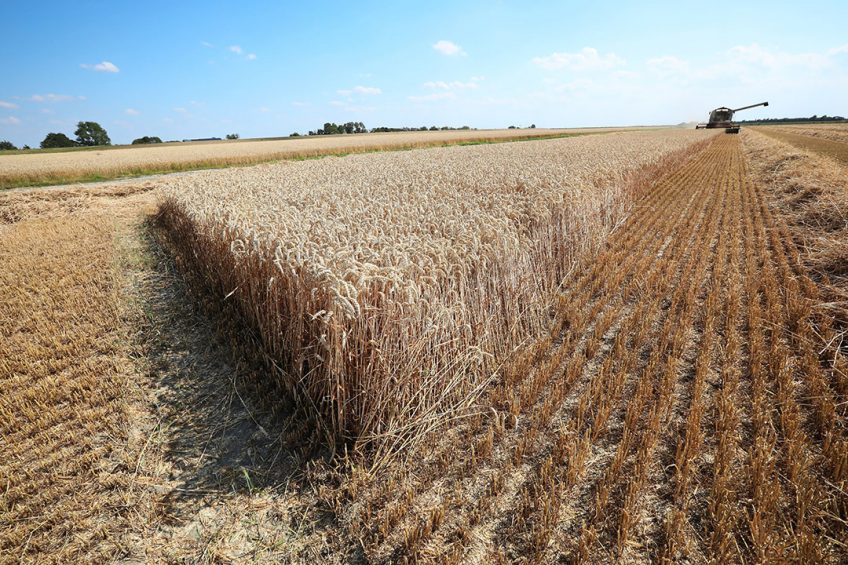
Although the grain market is still a weather market, some stabilisation is occurring. In the short term, the supply is not very large. New harvest takes a little longer.
The price of the first expiring wheat contract on the futures market in Paris (September 2021) came under some pressure last week, but closed on Friday 28 May at a level slightly below that of Friday 21 May. The current situation is clearly visible from the development of the Paris forward prices for maize .
The June 2021 contract rose more than 5% in price in a week. In the short term there is a shortage on the grain market, the transition from the old to the new crops seems to take a little longer than usual. Corn in particular is scarce. The difference in price between the old harvest (August 2021 contract) and the new (November 2021) harvest is significant, with a margin of € 51.00 per tonne. In Chicago, both the wheat price and the corn price are floating, just like in the physical market. There has been a drop in prices, but it is not going strong now.
More favourable weather for grain growth
In both Europe and the United States, the weather has turned out to be somewhat more favourable for grain growth conditions. The coming weeks are important for the United States in that regard, because the maize there is then in a crucial phase of development. In Brazil, the drought has already damaged the maize standing crop in the earliest sown areas. The yield certainly does not meet the latest USDA forecast of the US Department of Agriculture, at 102 million tons. Despite the seriousness of the situation, this Brazilian problem does not have much effect on price formation, because this aspect is already incorporated.
French wheat development is slower than normal
In France, the percentages of ‘good to excellent’ of wheat, maize and barley have increased again by a few percent. Market bureau Agritel notes that the low temperature in May has meant that the development of French wheat is slower than normal. Not even half have reached ear formation, where 94% had already reached this stage last year.




